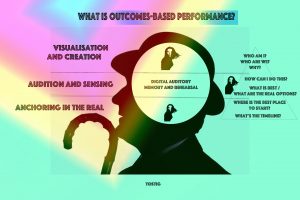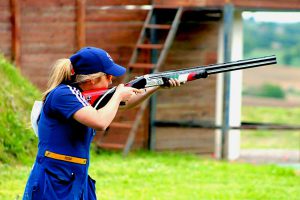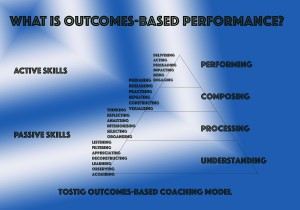Let’s get physical
The environment matters
It’s important to get a sense of real involvement and hands-on connection in what we do.
People begin by accessing the questions of time and space relating to when they do things and where they do them.
At P.i.E. we use many techniques, some of them borrowed from voice training and from coaching acting skills, to anchor goals in really deep ways.

Most people have a common perception of time and space, although it is coloured by cultural distinctions and expectations. The key area where people and peoples differ is in how they do something, and this comes down to core values and their sense of identity.
Some clients like to get active and stretch and move around – but the training room, with lines of chairs and lack of access to the outside – may not allow that; others feel secure by making written notes of everything, and feel nervous in performance. As part of the coaching experience, we offer plenty of opportunity to explore whatever interests you!

In today’s world there is a tendency towards burnout and apathy, dissatisfaction and even depression (with all the medical issues this involves) due to organisations not connecting, but overloading staff in unnecessary ways. Getting the right pathway to the best performance relies entirely on knowing those you deal with and caring about their comfort and ability to express themselves creatively.
Eureka
I recall a client whose own preferred approach was to check his notes before making any kind of utterance. He referred back to them no matter what, he preferred not to speak unless what he had to say was perfect. He reached the limit of this approach one day when he jumped out of his seat and made a true breakthrough!
Getting physical, means providing space and time for deep-level expression. At P.i.E. we choose the best possible environment and allow the exploration of every aspect of growth.

How you do something, according to your own belief system, refers to language in particular, since how we use language depends entirely on which language we are using. The question of “how?” is therefore a more complex question; and, by extension, the question of why we do that is more complex still and depends entirely on who we are, our identity, our sense of self, our cultural persona.
As coaches, understanding this in a sensitive way and listening to the gradually changing processes of language in each of our clients, we get to know who we are dealing with. It’s important to get the chance to experience that in a physical way and get a real feel for it. The more enjoyable and deep this experience, the better the outcome.

Processed-based and Outcomes-based coaching, learning and skills acquisition







